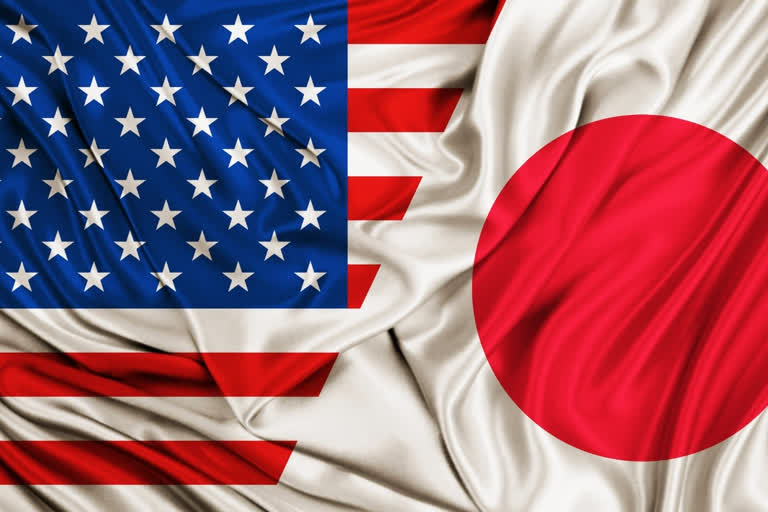Beijing: The US-Japan alliance could be the ideal starting point for incoming US President-elect Joe Biden's administration to rebuild strategic, economic, technological and governing norms and to counter China's growing ambitions, according to analysts and ex-US officials.
Although the US shares a growing interest with Europe, Canada, Southeast Asia and Australia in countering various parts of China's plans for global expansion, analysts say that none across all these areas are as much of a natural fit as Washington and Tokyo, reported South China Morning Post.
"When the US and Japan work together, we can shape the environment in which Chinese power increases... Our alliance [is] going well beyond security ... in technology and economic assistance, the infrastructure to counter the Chinese Belt and Road Initiative [BRI], you'll see that Japanese leadership is crucial," said Joseph Nye, former US assistant secretary of defence and former dean of Harvard's Kennedy School of Government.
Former US deputy secretary of state Richard Armitage, now president of consulting firm Armitage International, and Nye spoke at a Centre for Strategic and International Studies (CSIS) event in conjunction with a report the think tank published on Monday.
Read:| US adds Chinese chipmaker, oil giant to security blacklist
Armitage opined that the Biden administration will not be going soft on China, adding that people mentioned for assistant secretary jobs in the Pentagon and the State Department are the hardest liners on China.
"If the Biden administration had a desire to be soft on China, which I don't believe they had, the attitude on Capitol Hill both the Democrats and Republicans has shifted remarkably on China, and there's not much of a pro-China lobby left in Washington. So the short answer is no. I don't think there's anything to be worried about," he said.
"If you look across the issues we have with China, the US and Japan in some cases are the only two countries that agree on all elements," SCMP quoted Zack Cooper, a fellow at the American Enterprise Institute, who was part of a study group that helped compile the report, during an interview.
However, in the US-Japan defence alliance, US military bases remain controversial with the Japanese public, as Japan has not clearly defined its missile-defence objectives or how aggressive its response would be if the US and Japanese forces are attacked and cooperation between the two sides has many organisational, operational and hierarchical gaps, opined experts.
"The US and Japan have to move expeditiously to address some of the anachronisms in our command and control relationships," said Michael Green, senior vice-president for Asia at CSIS.
According to South China Morning Post, Japanese security experts said while many nations welcome a more globally engaged Washington under the incoming Biden administration, times have changed and the US should share the leadership job of forging coalitions and overseeing policy initiatives.
ANI



